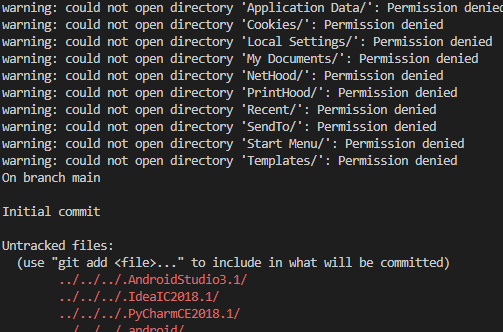The `protectedProcedure` doesn't seem protected?
I have enabled "strategy: "jwt" in next-auth, so my understanding is that NextJS encrypts the token it's received from auth provider, and now uses this to determine whether we're logged in etc. In terms of making authenticated requests, should we not be doing something like decrypting the
access_token in the protectedProcedure handler, and getting the user / scope from that, and then assume the user is actually who they say they are (rather than trusting the client who could send any username)...Want to create a collaborative editor with Next.js
T3 Stack Next - Correct method for automating functions every X mins
After a user submits their email to next-auth, how to pass it to the check email page?
A very basic thing that can not be done right using NextAuth?
Auth solution for encrypting, not hashing, passwords
First Prisma thing with next-auth
serverless background jobs?
Quick Config Question

Need help with setting up prisma schemas
electron
should I use state with tRPC
API Layer abstraction
tRPC SSG - Page rendering error
getServerSideProps. I get this error when I try to load the page. Any ideas? Thanks....
How to add more keys to session with next auth
upload image using supabase
Save me from git

Best way to force Vercel build to fail If certain code is included?
useQuery refetching doesn't re-render?
How to setup and teardown database records when running integration tests with trpc?